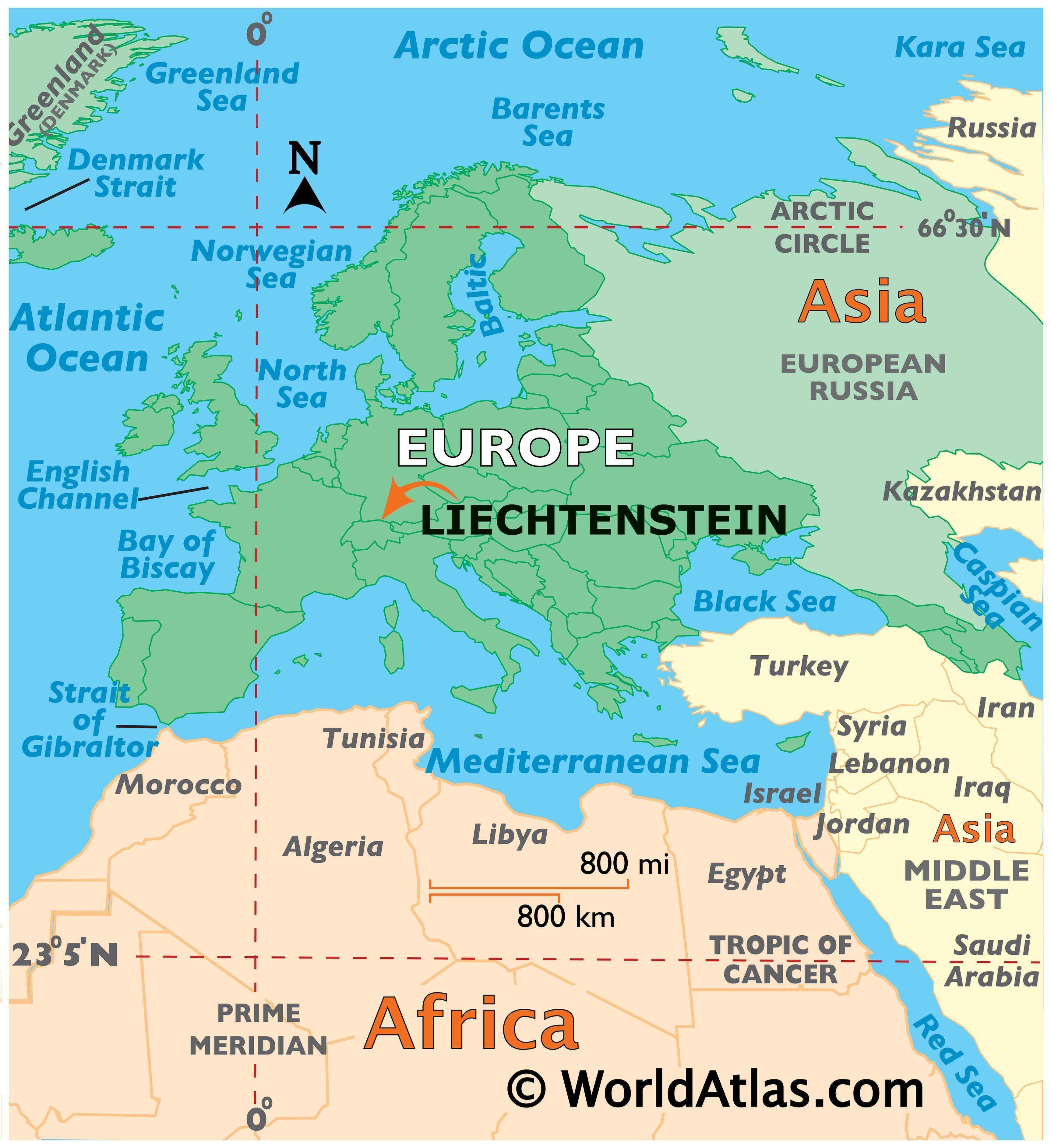 According to research programs, significant negative effects of global climate warming in
the Alpine region are to be expected. Changes in the permafrost layer and water
drainages will play a central role in this regard.
According to research programs, significant negative effects of global climate warming in
the Alpine region are to be expected. Changes in the permafrost layer and water
drainages will play a central role in this regard.Liechtenstein’s annual mean temperature has risen by 0.7°C between the reference period 1961-1990 and 1981-2010. This increase is up to three times higher as the worldwide increase and has been observed in the other Alpine countries as well. The increase projected between 1990 and 2100 for the neighbouring northern Switzerland is 2.7 °C and 4.8 °C depending on the scenario considered. Further reductions between 18% and 28% in the summer precipitation amount are being predicted compared to the period 1980-2009, representing a substantial shift in the seasonal precipitation distribution. Glaciers in the Alps have lost 25% of their volume since 1970. Phenological observations show that the biological beginning of spring has been advancing by 1.5–2.5 days per decade.
The following effects are expected as a consequence of a further temperature rise: Heat waves with increased mortality will occur more frequently, also tropical diseases will surface in Central Europe and existing diseases will spread to higher elevations. Indirect consequences for health are to be expected from storm, floods, and landslides. The increasing weather instabilities may lead to floods in winter and droughts in summer time and composition of forest vegetation may change too. Global climate warming will therefore affect various economic sectors in Liechtenstein (e.g. Tourism, Agriculture, Forestry).